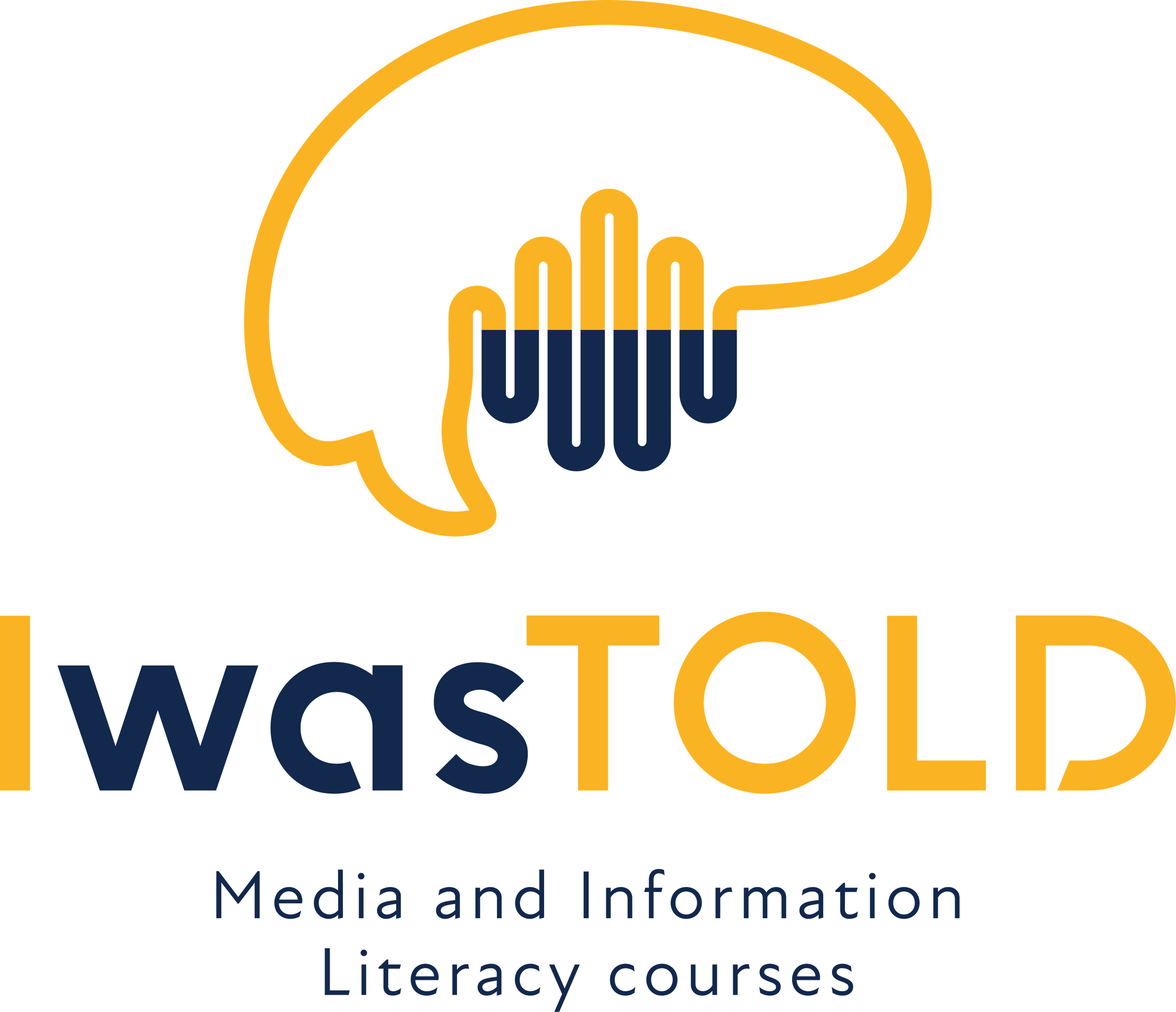1. MEDIA AND INFORMATION LITERACY
-
What is media and information literacy? (Basic meaning)7 Topics|3 Quizzes
-
Introductory to the lesson "What is media and infomation literacy?"
-
The process of media and information literacy
-
Getting depper: what is computer, digital, internet and news literacy?
-
Getting depper: what is advertising, cinema, television and gaming literacy?
-
Final test of the lesson "What is media and infomation literacy?"
-
Feedback of the lesson “What is media and information literacy?”
-
Additional learning material
-
Introductory to the lesson "What is media and infomation literacy?"
-
MIL history and reasons why it appears?7 Topics|3 Quizzes
-
Introduction to the lesson MIL history and reasons why it appears?
-
What We Talk About When We Talk About MIL education
-
Genesis and evolution of media (in) education
-
Evolution and ecology of media and information literacy terminology
-
Final test of the topic "MIL history and reasons why it appears?"
-
Feedback of the lesson "MIL history and reasons why it appears?"
-
Additional learning material
-
Introduction to the lesson MIL history and reasons why it appears?
-
Practical Approaches to Media Literacy in the World7 Topics|3 Quizzes
-
Post-modernic MIL theories7 Topics|3 Quizzes
-
Introduction to the lesson
-
Why is it important where and how you get information?
-
What happens when the pursuit of benefit becomes a value
-
How simulation affects public behavior today
-
Final test of the lesson "Post-modern MIL theories
-
Has knowledge of postmodern MIL theories been helpful?
-
Additional learning material
-
Introduction to the lesson
Participants2
What is media and information literacy? (Basic meaning)
Mil 9 September 2021
In order to be able to properly manage and select information, we need media and information literacy. No one was born with such skills; nor do they occur automatically, so they need to be nurtured. It should be emphasized that the emergence of new technologies and forms of media does not mean that the concept of media and information literacy is fundamentally changing.
According to UNESCO, empowering people to access relevant, impartial information and knowledge and promoting free, independent and diverse media and information systems through media and information literacy is essential. Media and information literacy is about freedom of expression and information and its primary task is to empower citizens to understand the functions of the media and other information providers, to critically evaluate their content, as well as to make informed decisions as consumers and creators of information and media. Traditionally, media literacy and information literacy have been separated, but UNESCO has combined the two. This includes all forms of media and other sources of information, such as libraries, archives, museums, the use of independent Internet technologies (http://www.unesco.org/new/en/communication-and-information/capacity-building-tools / media-and-information-literacy /)
Citizens in a Mediated World provides a schema to help understand what media and information literacy (MIL) is. You can read more about the interpretation and understanding of the scheme in the publication. There is a need to develop a variety of debates on media literacy perceptions, as modern fundamental values - democracy, peace, economics, human well-being – are affected by the media.
